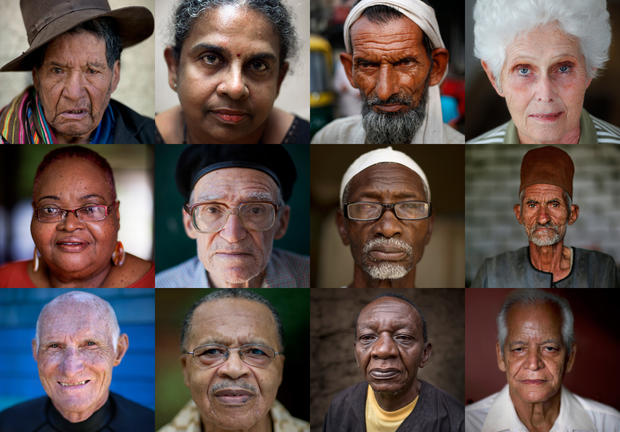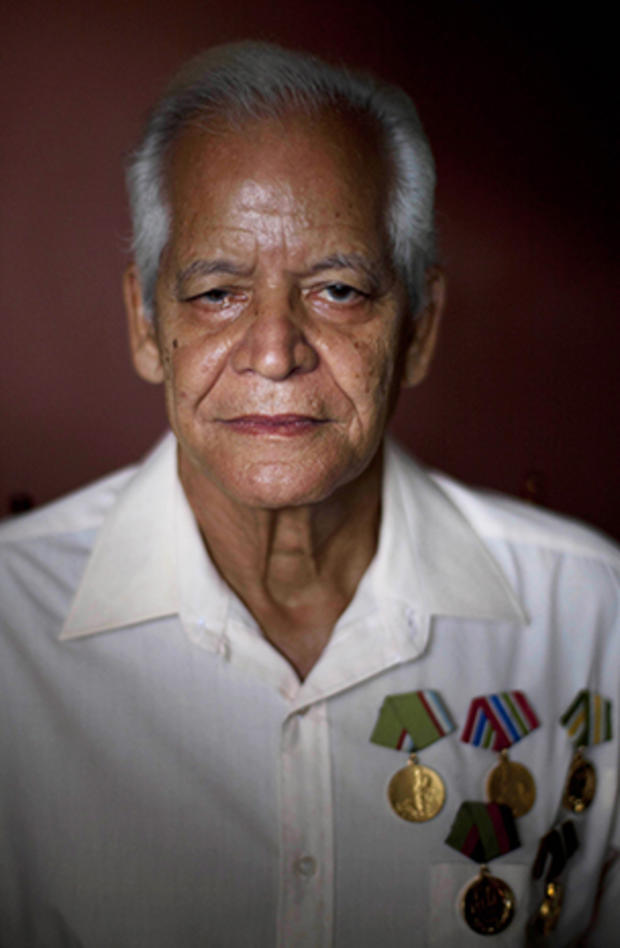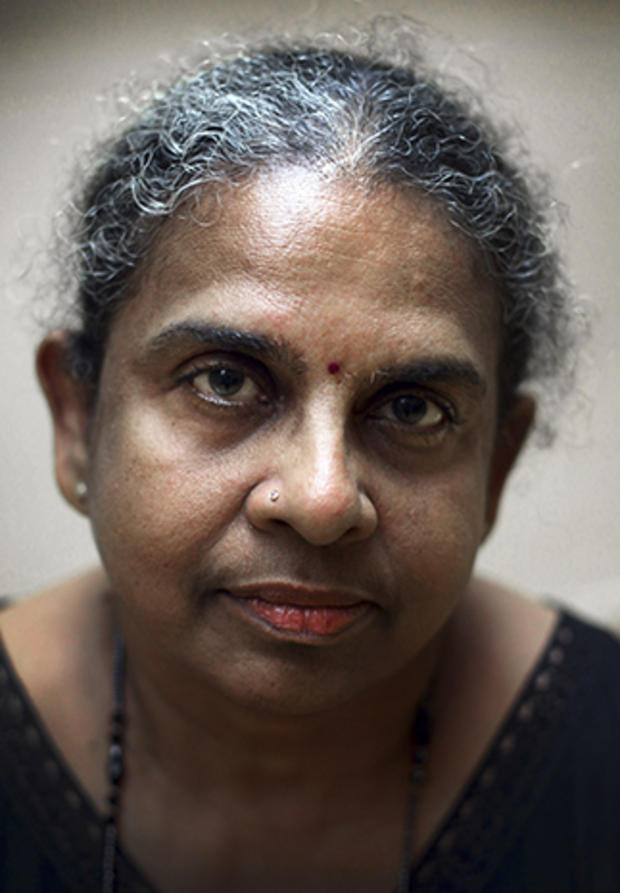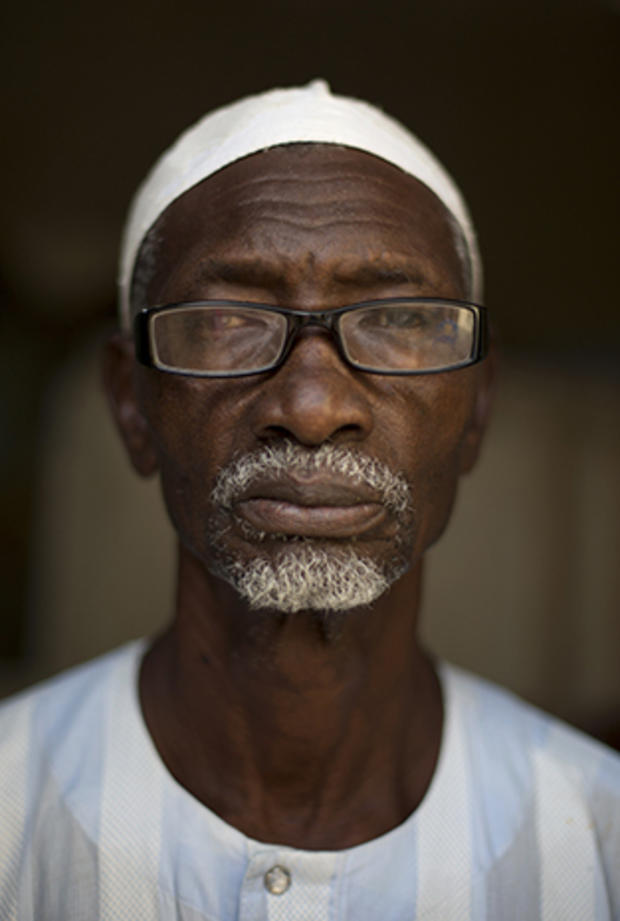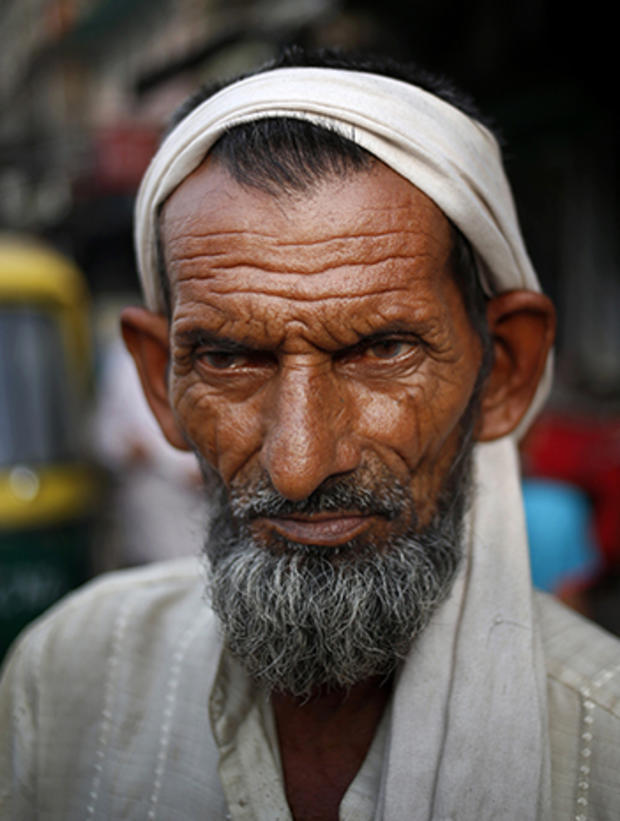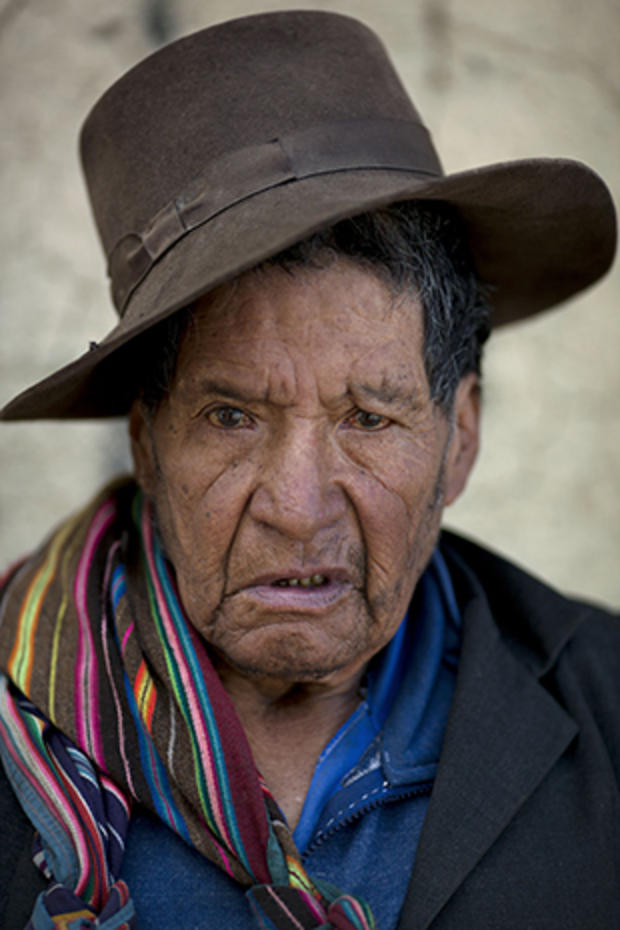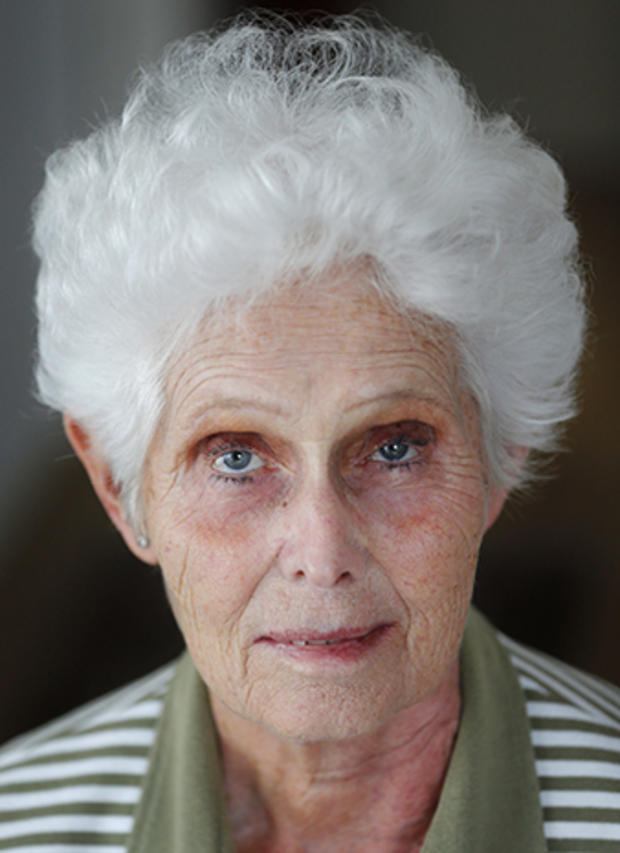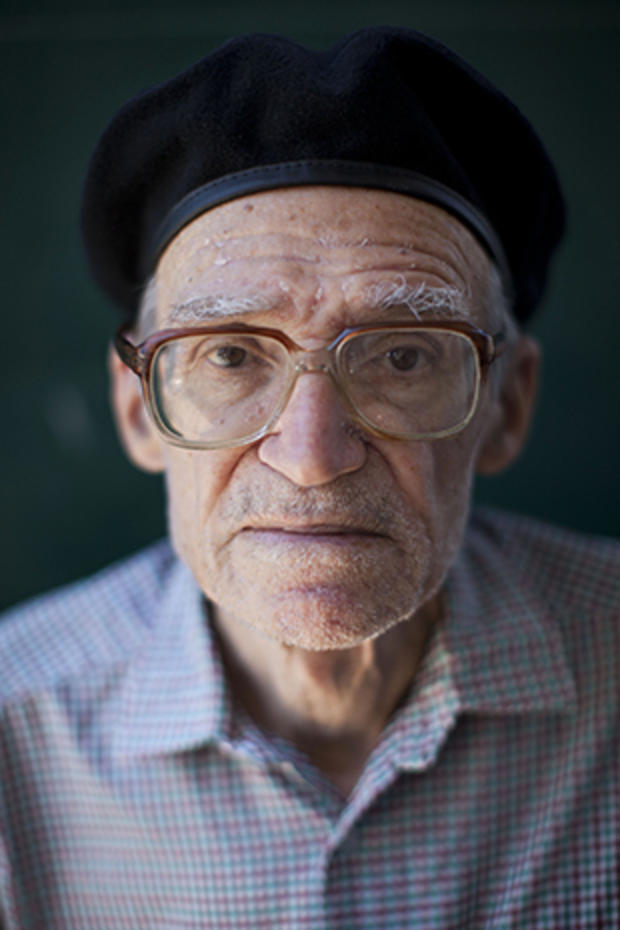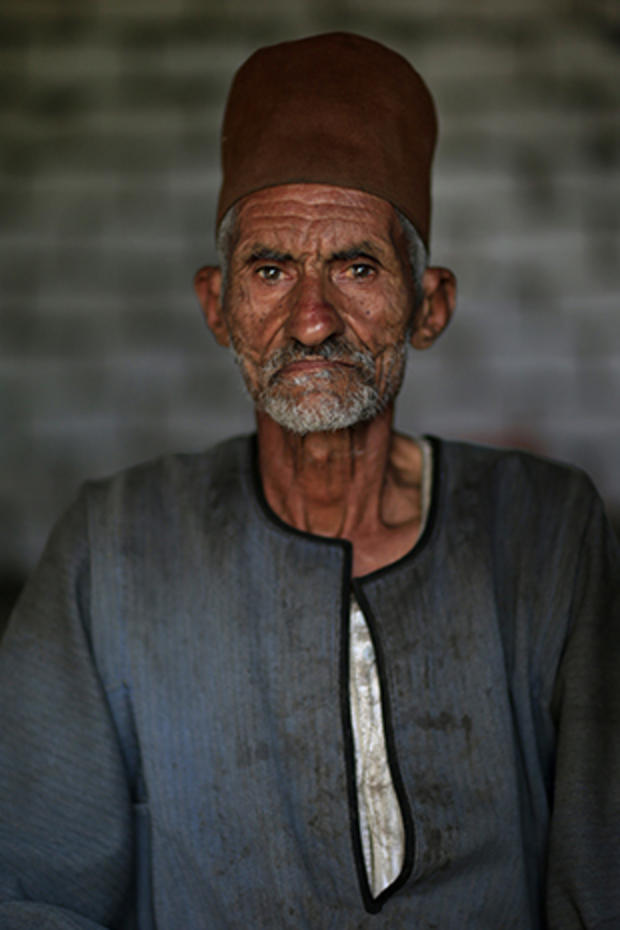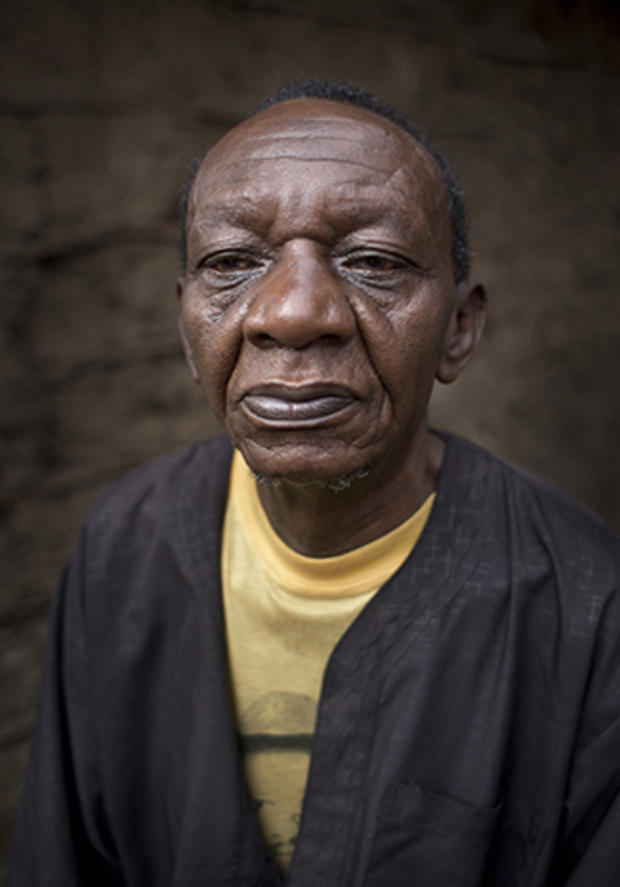Aging around the world
As you grow older, what are you most afraid of?
And, what is the biggest problem facing the elderly in your country?
When asked: As you grow older, what are you most afraid of and what is the biggest problem facing the elderly in your country? Contreras said,
"Cuban elderly have no biggest fears of old age, as our revolutionary government within its means helps us with minimal requirements - a pension, free medical care, food, home, and keeps us active in society.
The problem at my old age is that because of the embargo that Cuba receives, our country can not develop as it should and we can not enjoy seeing the dreams made for our children."
"I am afraid of illnesses and being financially dependent on others. Growing older, there is a great sense of fear of being alone. I have children, but they have lives too. What about other elderly who have no children? What happens to them? I think the main problem here is that we do not have a retirement village.
Growing old has become a stigma in this country. We have nursing homes but it's not the same because to me, it is like a place for abandoned and ailing old people. If we have retirement villages, we can grow old with others gracefully and emotional support is available."
"Since God allowed me to live to 74, I can only thank him. I am really satisfied. I am concerned for the young children, and I am really worried for their future. Life is too expensive, there is too much unemployment, their health is precarious."
In response to the question of what is the greatest problem facing the elderly in Senegal, Mbaye responded that poor economic conditions make the financial situation of the elderly more unpredictable than in the past, when they could count on their children to support them. "Senegal is a poor country. There is no employment for the young to allow them to care for the elderly, and we no longer have the strength to work to support the household."
Mohammed, who is the father of six daughters, three of whom are married, said he is terribly afraid of the absolute misery that may descend on his family if he, the only earning member, loses his job as a rickshaw puller.
According to him, the biggest problem for the majority of elderly living in India is the absence of proper shelter as many of them depend on the mercy of their children to look after them.
"I only have a small house. I have no land to work so I have no money. I live alone because my three children live far away, and my wife died years ago.
So my biggest fear is that one day I will not have anything to eat or even the energy to work on my own. In the rural areas of my country, we, the elderly, die and nobody notices. We eat alone, we sleep alone, the government should take care of us, but as you become old, no one cares."
"I am most afraid of losing my mental and physical independence and becoming a nursing case. The biggest problem for the elderly is living a solitary life."
"I'm afraid of nothing. I just don't really know how to continue my life as I get older like I used to live for almost the last 80 years.
I don't like when young people treat me as an old man when I wait in line at the supermarket or in the pharmacy, they asking me why I'm standing. I really appreciate the way they want to help an old man but I don't like to feel old.
Times have changed, and life is much more expensive than it used to be 20 years ago. Today it's not easy to live from the pension we have - we can pay for less than the basics, and we can not work anymore."
"I'm afraid that my children will hurt me, kick me out of my house and I will die alone. The biggest problem facing elderly Egyptians is the lack of health insurance and retirement pay like in civilized countries."
"We are waiting for the title deeds to our land and the main problem is how are we going to leave it to our sons and grandsons? We have had many problems, every government is lying to us and each government comes and goes and we are still waiting."
"My health is the problem, I don't have strength, the way I am getting old. There are different types of old people – those who have money can be taken to the old people's home, but for those who don't have money, we have nowhere to go."
